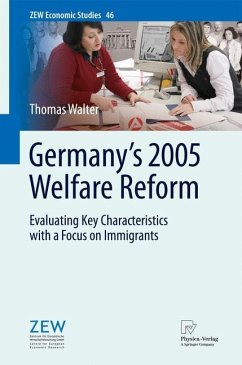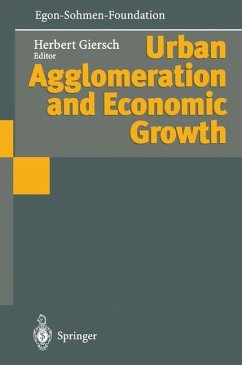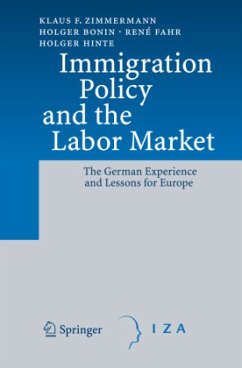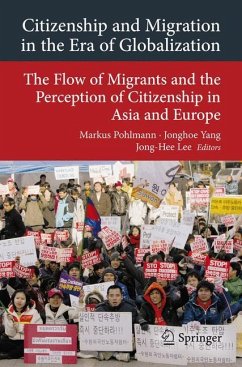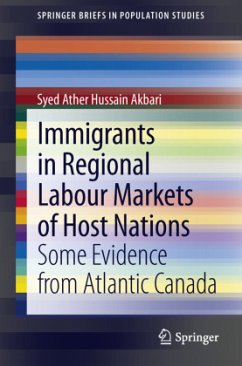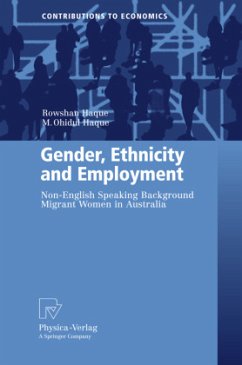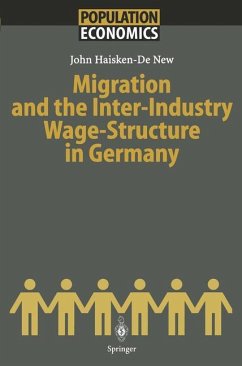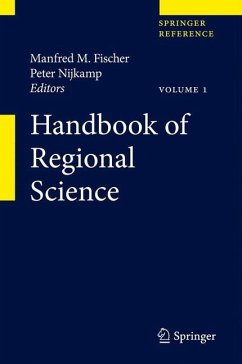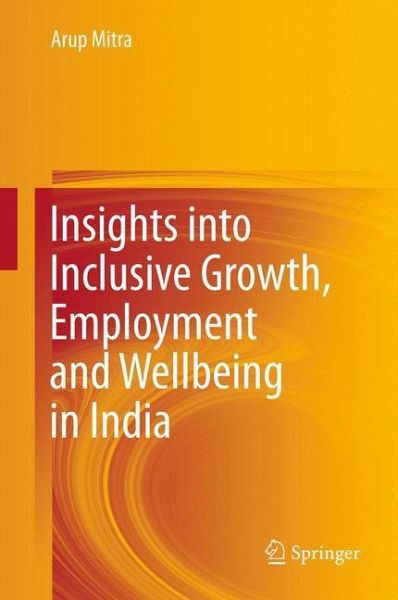
Insights into Inclusive Growth, Employment and Wellbeing in India
Versandkostenfrei!
Versandfertig in 6-10 Tagen
38,99 €
inkl. MwSt.
Weitere Ausgaben:

PAYBACK Punkte
19 °P sammeln!
What changes are occurring at the macro and the sectoral levels, how the labour market changes are taking place and what impact is felt on the low income households are some of the questions that the present volume focuses on. It begins by examining the sectoral composition of growth, revisiting the issues related to industry-services balance, and also brings out the spatial dimension of growth. On the one hand the industry does not seem to have played a major role in the context of employment generation as imported technology is by and large capital intensive in nature. On the other hand, the...
What changes are occurring at the macro and the sectoral levels, how the labour market changes are taking place and what impact is felt on the low income households are some of the questions that the present volume focuses on. It begins by examining the sectoral composition of growth, revisiting the issues related to industry-services balance, and also brings out the spatial dimension of growth. On the one hand the industry does not seem to have played a major role in the context of employment generation as imported technology is by and large capital intensive in nature. On the other hand, the services-led growth is seen to have reduced the pace of poverty reduction. Given the services-led growth the possible impact of trade in services on employment both in the formal and informal sectors have been worked out, indicating limited positive spill-over effects. The labour market outcomes are brought out with great details suggesting that rapid economic growth in India could not result in productive employment generation on a large scale. The gender dimensions of employment are brought out to verify if reduction in labour market inequality can result in improving the position of women in other spheres encompassing the decision making process both within the household and outside the household. Issues relating to urbanisation and rural-urban migration are also covered to understand the dynamics of urban poverty and to bring out the challenges of population transfer given the spatial concentration of growth. The job search practices pursued by the low income households are often pursued in terms of informal networks. What problems are associated with such mechanisms in experiencing improvements in wellbeing levels are covered in the present volume. On the whole, the volume offers an explanation of limited poverty reduction in a situation of rapid economic growth on the basis of an inter-disciplinary framework though efforts are being made to keep the methodology quantitatively rigorous.





